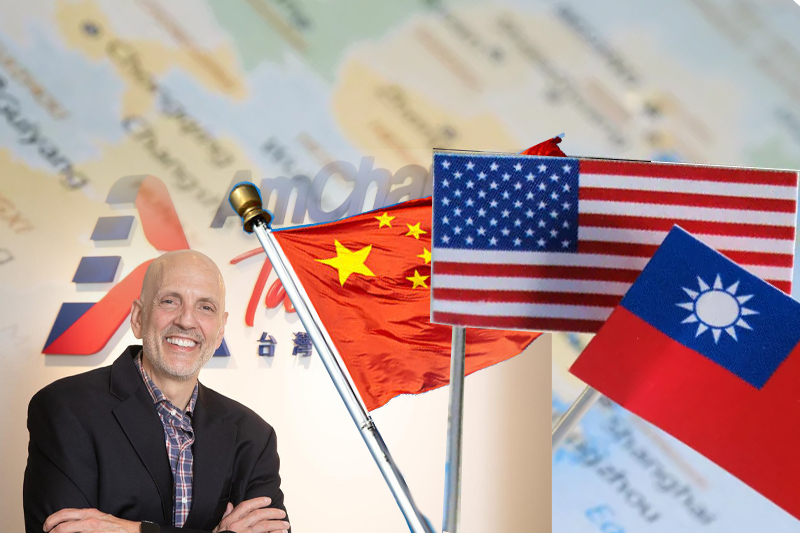
U.S. businesses prepare for emergencies in Taiwan despite tensions with China
A growing number of businesses reported being harmed by the tensions with China, and nearly half of those questioned by the American Chamber of Commerce (AmCham) in Taiwan are changing or planning to revise their business continuity plans in response.
The number of military drills across the Taiwan Strait has increased ever since Nancy Pelosi, the former speaker of the U.S. House of Representatives, visited Taipei in August. China views Taiwan, which is democratically run, as its own territory.
According to a survey released on Tuesday by AmCham Taiwan, which was conducted between November 15 and December 16, 33% of respondents said the rise in tensions had “significantly disrupted” their operations, up from 17% in a flash survey the organisation conducted in August immediately following China’s start of war games.
Despite the fact that “personal worry” over rising military activity or tensions remained stable between August and December, 47% of businesses claimed to have updated or be planning to update their business continuity plans in response to the shifting geopolitical landscape. ”
Keep Reading
We’re aware that companies are beginning or continuing their operational contingency planning programmes. According to Andrew Wylegala, president of AmCham Taiwan, we are aware that is taking place.
One-third of businesses reported being disrupted by increased worry or policy changes from their global headquarters, followed by increased shipping, insurance, or financial costs and staff anxiety, according to AmCham Taiwan, which reported that 214 of its 437 members responded to the December survey.
More than half of the respondents indicated that cross-strait relations should be the government’s top priority in the upcoming three years, while political uncertainty was seen as the main barrier preventing members from making additional investments in Taiwan.
The organisation has called for an ambitious plan to hasten economic cooperation with Taiwan through a new framework for Taiwan-U.S. trade discussions, and ultimately a bilateral trade agreement, but it hopes for quicker progress.
Negotiations between the US and Taiwan are now underway. A year and a half ago, there weren’t any, according to Wylegala. There is a desire and expectation for things to proceed more swiftly.




